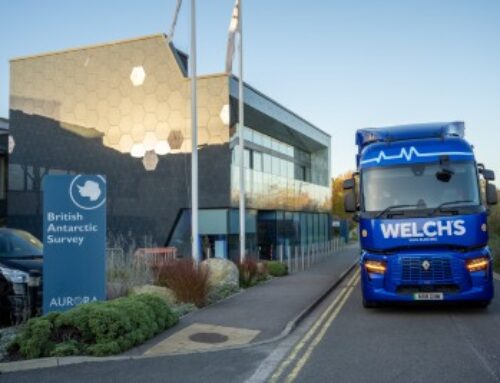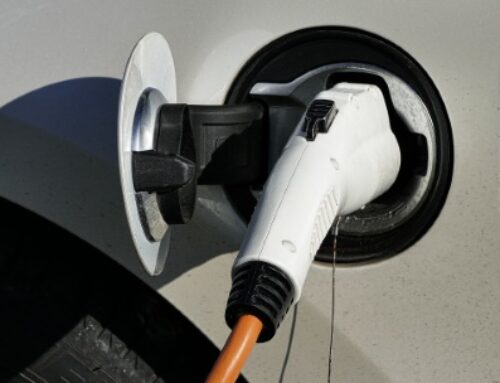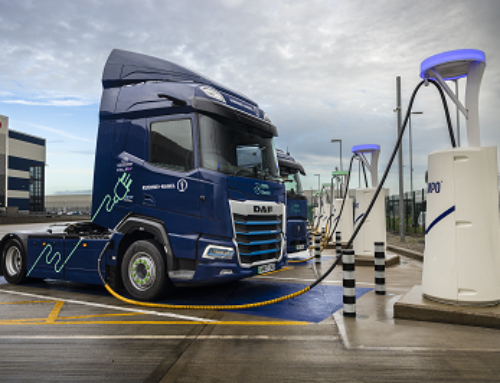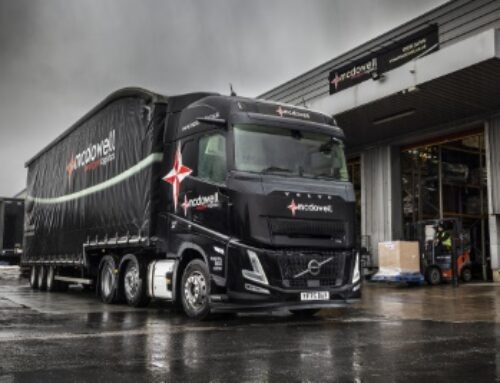Logistics UK report highlights electrification challenges
 Logistics UK has called for a collaborative approach to the decarbonisation of road freight, following the publication of its new report, Exploring Current and Future Energy Demand from Road Freight.
Logistics UK has called for a collaborative approach to the decarbonisation of road freight, following the publication of its new report, Exploring Current and Future Energy Demand from Road Freight.
The report, which was prepared on behalf of the Department for Transport’s (DfT) Freight Energy Forum, warns that the amount of power needed to electrify the UK’s road freight vehicles is estimated to be 32 TWh (terawatt hours) – substantially more electricity than is used in Scotland annually. The theoretical estimate is based on an analysis of diesel and petrol use in 2021.
The report suggests that the vast majority of transport managers envisage charging of HGVs (76.7 per cent) and logistics vans (79.1 per cent) will take place at depots or operating sites, and that adequate energy infrastructure at these locations will be critical.
Nonetheless, Logistics UK warns that a comprehensive public charging network – which would support en route or overnight charging – is still essential, given the immediate need for substantial grid upgrades to address current connection delays.
Securing sufficient electricity at depots was said to be a major concern for those looking to transition to battery electric vehicles, with additional challenges faced by those leasing land.
One operator cited in the report, which was in the midst of installing charging infrastructure, described the process of understanding whether there was sufficient capacity to fuel the site and secure a granted licence as “tortuous”, and said: “Unless you have a long-term lease, you won’t get the payback when paying to install super chargers.”
However, for operators that owned their sites, there could be benefits, the report said – for example, the ability to invest in solar and battery storage to generate their own electricity, while sharing surplus power back to the grid.
The report found that a quarter (25.9 per cent) of respondents had already begun making changes to their operations, with 20 per cent ‘on track’ to decarbonise by 2050. Almost two fifths said they were using zero tailpipe emission technologies or low carbon fuels (LCFs).
Michelle Gardner, deputy director for policy at Logistics UK, said: “There is still a lot of uncertainty over what will be the dominant technology, and commercial viability will always be the main driver for businesses. There is a reluctance to commit to any one solution, such as electrification, if hydrogen could become a viable alternative and the sector needs greater clarity and support from government to give it the confidence to invest.
“Our report highlights a degree of uncertainty within the sector and to help address this we are calling for a national logistics energy infrastructure roadmap. This will help align grid, energy, and vehicle transition timelines ensuring freight is integrated into national energy planning.
“We are also urging that freight hubs and depot facilities are prioritised for grid connections and the government does not continue to overlook the role of LCFs, and develops a long-term, stable policy environment to support the scale-up of LCFs such as HVO and biomethane, which can provide immediate greenhouse gas emission savings.”













